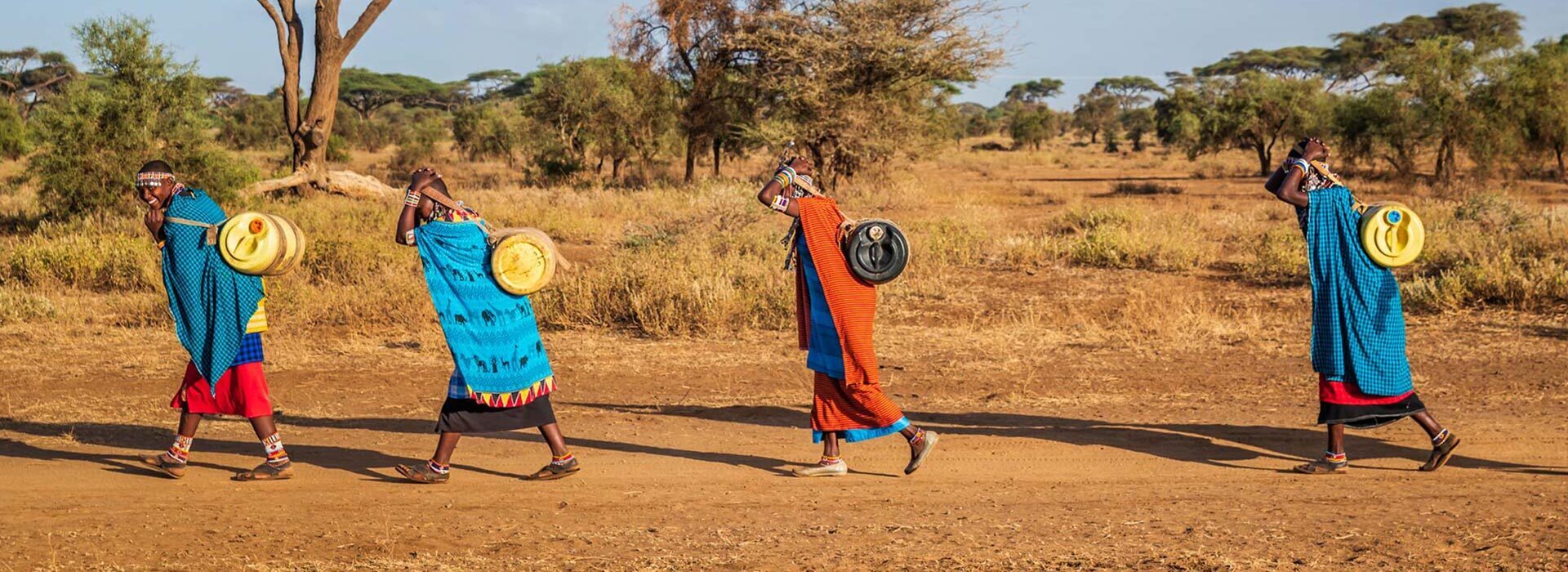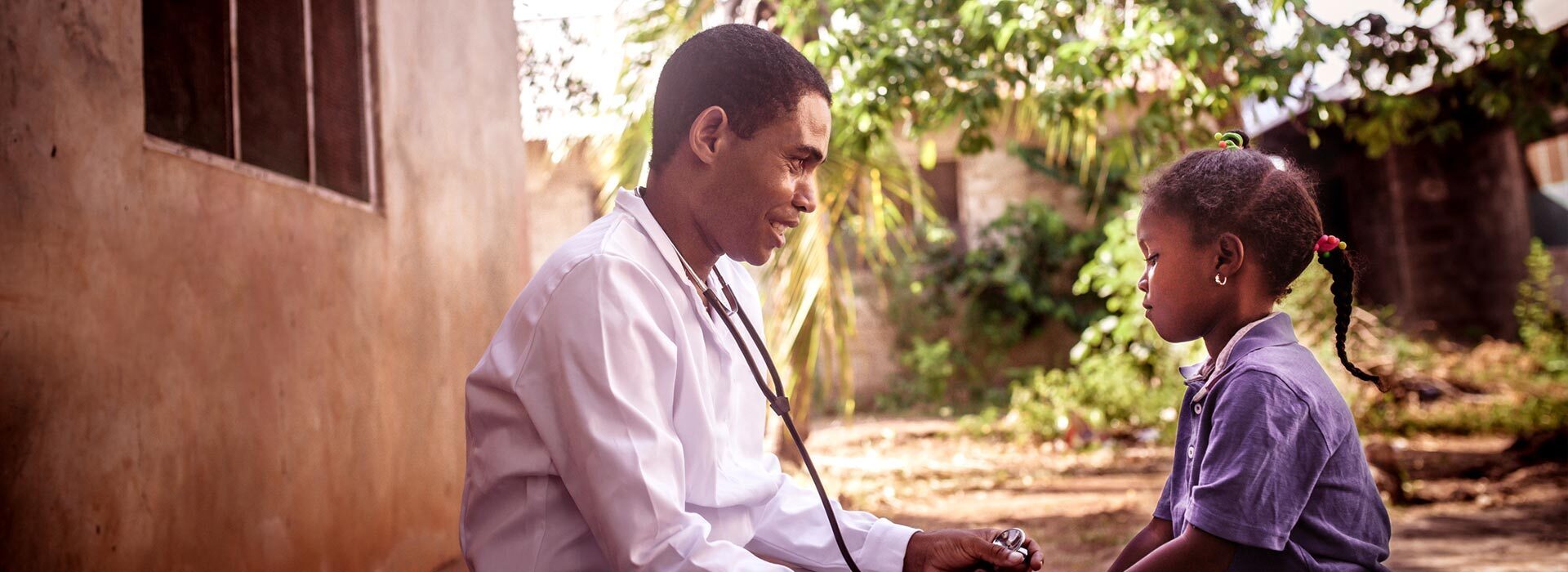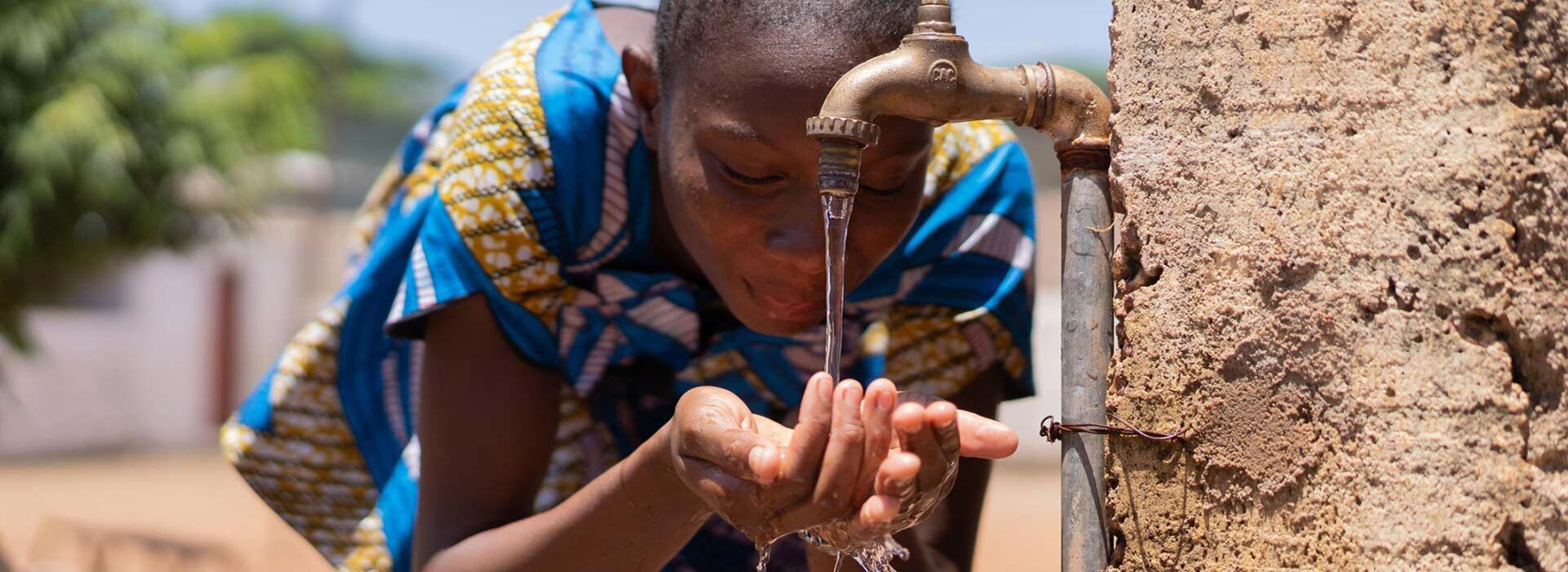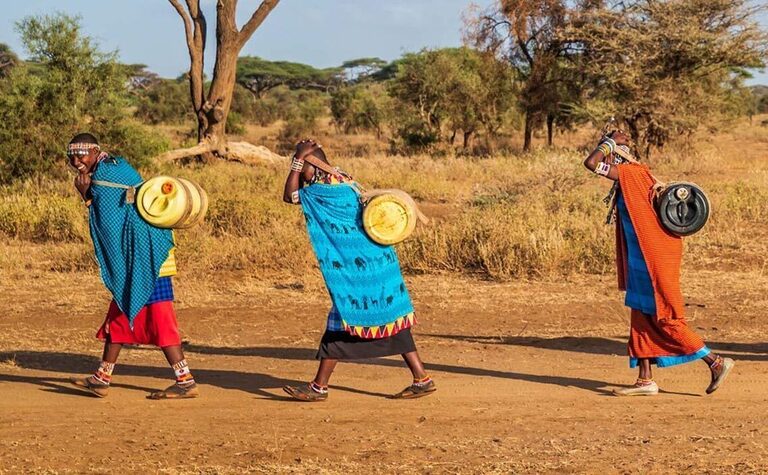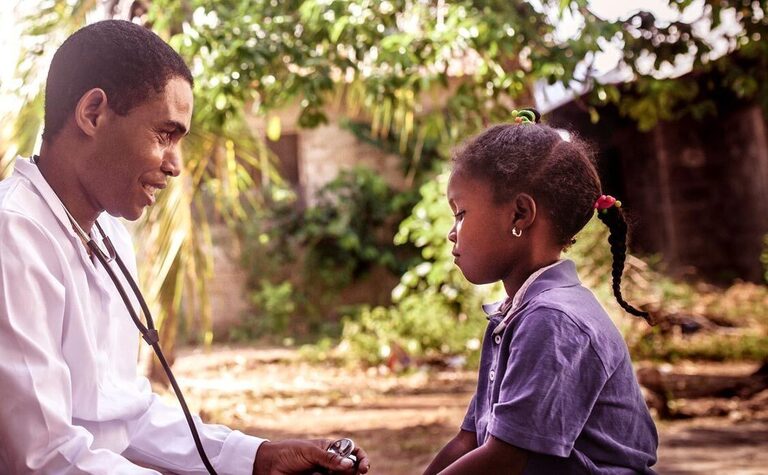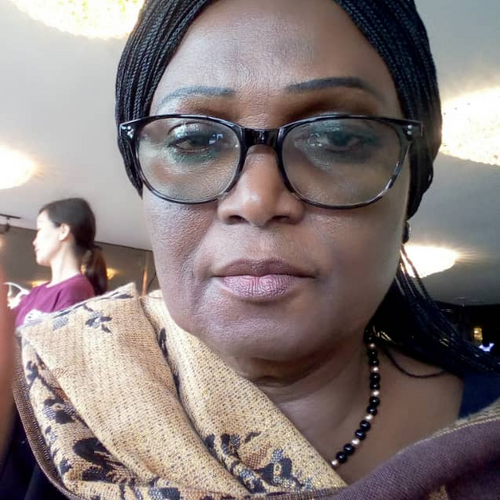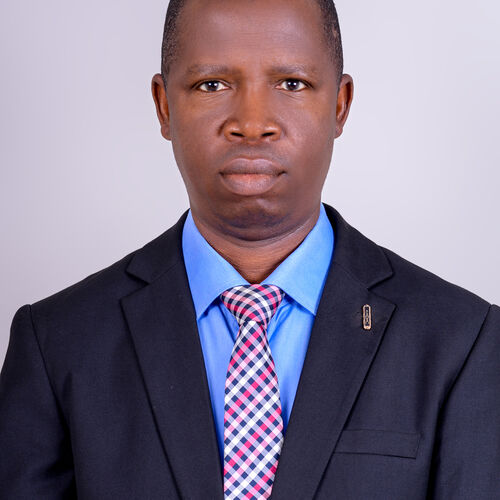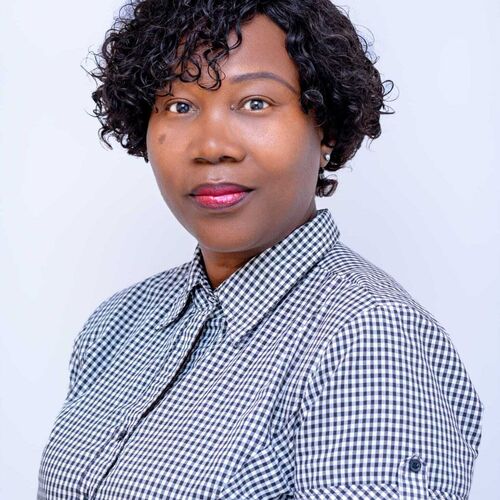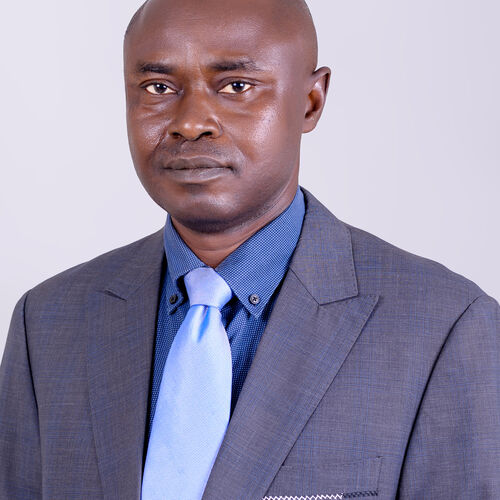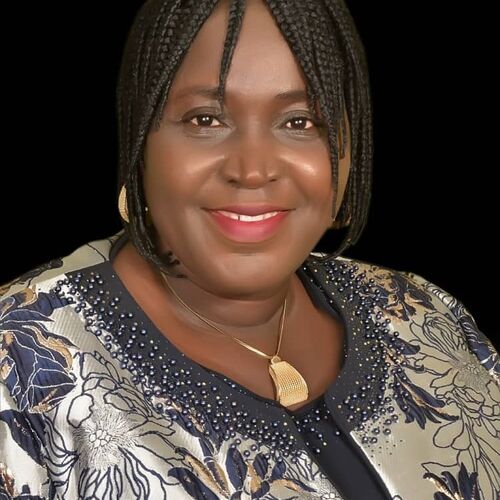protecting people and places
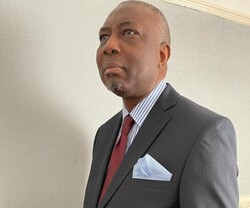
Executive Summary
Today’s humanitarian crises have increasingly targeted children and women, often caught in the middle of civil conflict which erupts around them. Whether as victims or perpetrators of violence, children see the protective social fabric around them collapse as homes are destroyed, families uprooted, schools and health services ransacked, and communities consumed by violence.
Nigeria has been enmeshed in a firebox of insecurity leading to scores of deaths of innocent civilians, foreigners, some members of the nation’s security personnel, elected officials and many government workers.
The insecurity challenge has assumed formidable dimensions forcing the country’s political and economic managers and, indeed the entire nation to rue the loss of their loved ones and investments due to absence of safety in most parts of the country.
Insecurity is the antithesis of security and has attracted such common descriptors as want of safety, danger, hazard, uncertainty, want of confidence, state of doubt, inadequately guarded or protected, instability, trouble, lack of protection and being unsafe, and others.
With all attack, human lives are lost or permanently damaged and faith in democracy and the country is diminishing. Staggering poverty across the country, youth unemployment currently stands at 42.5% and the country is in the middle of one of the worst economic downturns in 27years.
Nigeria faced with an unprecedented wave of different but overlapping security crises – from kidnapping to extremist insurgencies – almost every corner of the country has been hit by violence and crime, on regular basis we are horrified by stories of kidnapping of students and adults alike, even in rural communities. We listen with shock news of gunmen breaking into bank and destroying the ATM’s, we often hear of killings and robberies along the highways and residential estates.
People are no longer safe to move around especially in the nights or go by road when travelling home away from the cities, people who can afford it, used armed escorts when moving around, thereby spending money that they could be used for the family good or other purposes. Many business offices and residential estates have their armed policemen on guard, during festive periods such as Christmas, many families stay back in the cities rather than take the risk of exposing themselves to criminals.
We believe that most security problems in Nigeria are the result of inadequate prevention measures to eliminate security risks and inadequate methods for identifying the criminals tracking them and arresting them.
The current food insecurity crisis is the result of protracted conflict and insecurity, which have disrupted livelihoods and prevented farmers from growing the food they need to feed their families and to sell in markets. Drought in parts of Northern Nigeria has contributed to less food availability. Rising inflation, both for food and fuel, has compounded the crisis pricing basic food commodities out of the reach of the most vulnerable people.
Every time desperation drives more people beyond the safety of garrison towns heightening the risk of abductions, killings, kidnappings, sexual and gender-based violence. Affected communities will continue to adopt negative coping mechanisms, including survival sex, begging in the streets, child labour, forced and early marriage. These are but a few of the grim but avoidable repercussions if we do not act.
Some of the technologies that can help build a more secure Nigeria include CCTV, Drones, Biometrics and Cyber Security technologies. With these technologies among many others, the security situation in Nigeria will be greatly improved.
Prince Remi Adewuyi
President,
The Shield Safety Foundation
Our Board of Trustees
There are five group of individuals that has overall responsibility for the management of this organization. Our board of trustees is typically the governing body of The Shield Safety Foundation (TSSF) and seeks to ensure the best interest of stakeholders in all kinds of management decisions.
Our Board of Advisory
TSSF Board of Trustee define the long-term goals and the strategies for our foundation and sets forth the principles and directives for the corporate policies. It coordinates and monitors the most important activities, defines the portfolio, develops and deploys managerial staff, allocates resources and decides on the group's financial steering and reporting.
The members of the Board of Advisory bear joint responsibility for running the business of the foundation as a whole. However, the individual members manage the areas assigned to them on their own responsibility within the framework of the decisions made by the full Board. The allocation of functions among the members of the Board of Advisory is defined in a written schedule

